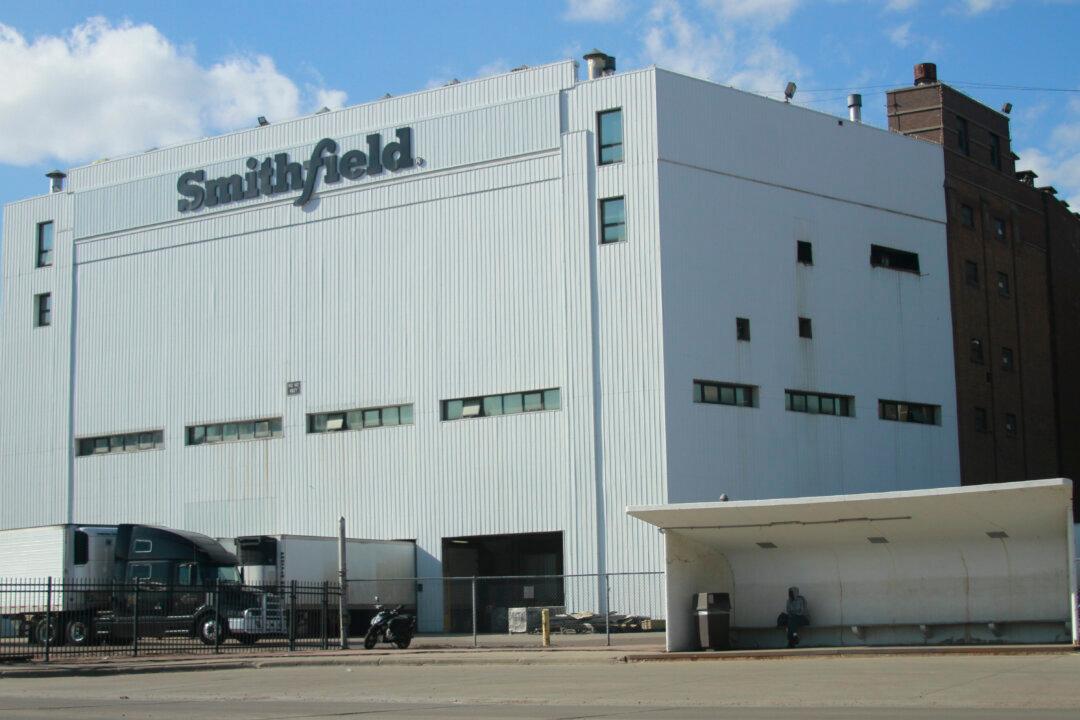No food products will be recalled or otherwise removed from grocery stores even if people involved in the production test positive for COVID-19, a government official said.
“I am aware that some processing plants closed when employees tested positive for COVID-19. However, because of the way the virus is transmitted, we do not anticipate that food products would need to be recalled or be withdrawn from the market if a person who works on a farm or in a food facility tests positive for COVID-19,” Frank Yiannas, deputy commissioner for food policy and response from the Food and Drug Administration (FDA), said in an interview published on the agency’s website.





